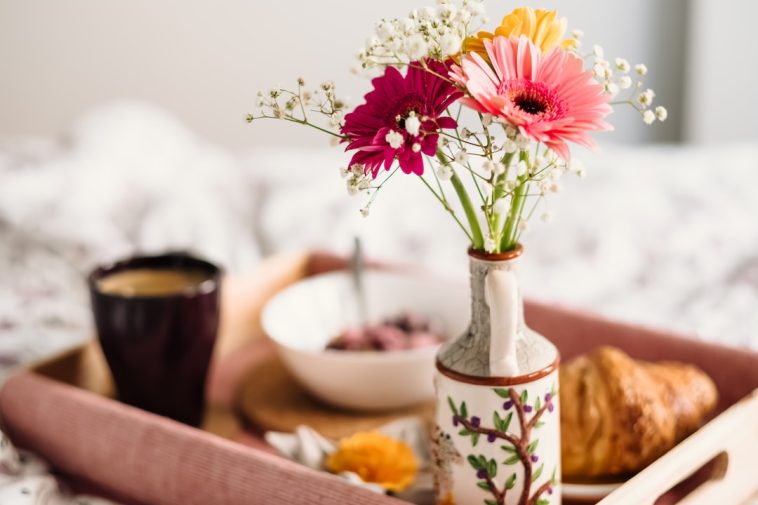The end of the holiday season can often leave us feeling deflated, as the bright lights and festive cheer give way to the more mundane rhythms of daily life. For many, this transition can trigger a form of seasonal depression, a mood disorder that coincides with seasonal changes, particularly during the winter months. This article offers practical tips to help you navigate through this challenging time and maintain your mental well-being.
Embrace Routine and Structure
One effective way to combat post-holiday blues is to establish a consistent daily routine. After the holidays, it’s common to feel a loss of purpose or direction. By creating a structured schedule, you can instill a sense of normalcy and stability in your life. Start with small, manageable tasks and gradually build up to a more robust routine. This can include setting regular sleep times, and meal times, and incorporating time for work and relaxation.
Additionally, if you’re struggling with more severe symptoms of seasonal depression, it might be helpful to seek guidance from a professional. A depression counselor in Charlotte, NC, or your local area, can provide tailored support and coping strategies to help you navigate through this tough period.
Refresh Your Environment

The removal of holiday decorations, especially the iconic faux Christmas tree, can leave your living space feeling empty and bare. Counteract this by refreshing your environment. This doesn’t necessarily mean a complete overhaul; small changes can make a big difference. Consider rearranging furniture, adding new plants, or introducing bright colors through decor. These alterations can invigorate your space and, by extension, your mood.
Moreover, this is an opportunity to create a calming and comfortable environment that promotes relaxation and well-being. Introduce elements that bring you joy and comfort, be it through art, photos, or your favorite books. Creating a space that feels like a safe and happy haven can be a significant step in managing seasonal depression.
Stay Physically Active
Physical activity is a powerful tool in combating depression. Exercise releases endorphins, chemicals in your brain that act as natural mood lifters. In the colder months, it might be tempting to stay indoors, but it’s crucial to find ways to stay active. This doesn’t necessarily mean high-intensity workouts; even gentle activities like yoga, stretching, or a brisk walk can be highly beneficial.
If you’re new to exercising, start with small, achievable goals. Remember, the objective is to move your body and enjoy the process, not to overwhelm yourself. Over time, as you build strength and endurance, you can gradually increase the intensity and variety of your workouts.
Maintain Social Connections
The holiday season is often a time of social gatherings and connections, and its end can bring a sense of isolation for many. It’s important to maintain social ties even after the holidays. Reach out to friends and family regularly, whether it’s through phone calls, messages, or social media. If possible, plan regular meet-ups or video calls.
Don’t hesitate to share your feelings with trusted loved ones. Sometimes, just talking about your experiences can be incredibly therapeutic. Additionally, consider joining clubs or groups that align with your interests. This can be a great way to meet new people and foster a sense of community and belonging.
Practice Mindfulness and Self-Care
Mindfulness and self-care are crucial in managing seasonal depression. Mindfulness practices, such as meditation and deep breathing, can help you stay grounded and reduce anxiety. They encourage a state of awareness and presence, allowing you to connect with your thoughts and feelings without judgment.
Self-care, on the other hand, is about taking time to do things that nourish your body and soul. This could be as simple as reading a book, taking a warm bath, or engaging in a hobby you love. Remember, self-care is not selfish; it’s an essential part of maintaining your mental health.
Moving Forward with Positivity
As we conclude, it’s important to remember that coping with post-holiday seasonal depression is a journey, not a destination. It’s about finding strategies that work for you and integrating them into your daily life. Remember, it’s okay to seek help if you’re struggling. Whether it’s talking to a friend, joining a support group, or consulting a professional, taking that step can make a world of difference. With these tips and a positive outlook, you can navigate through this challenging time and emerge stronger and more resilient.




